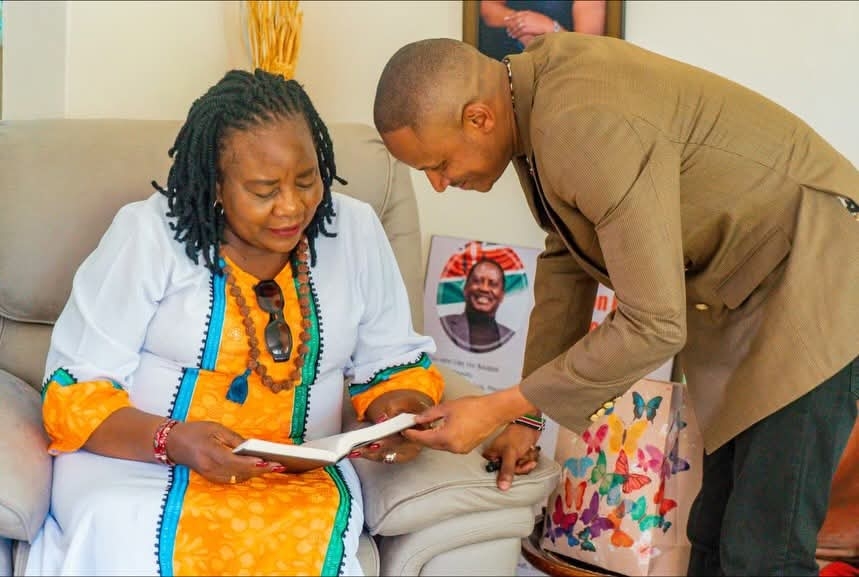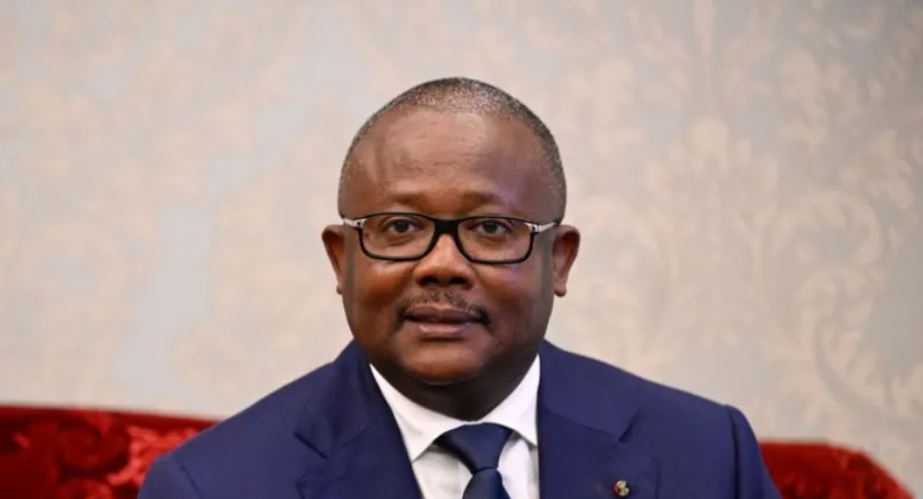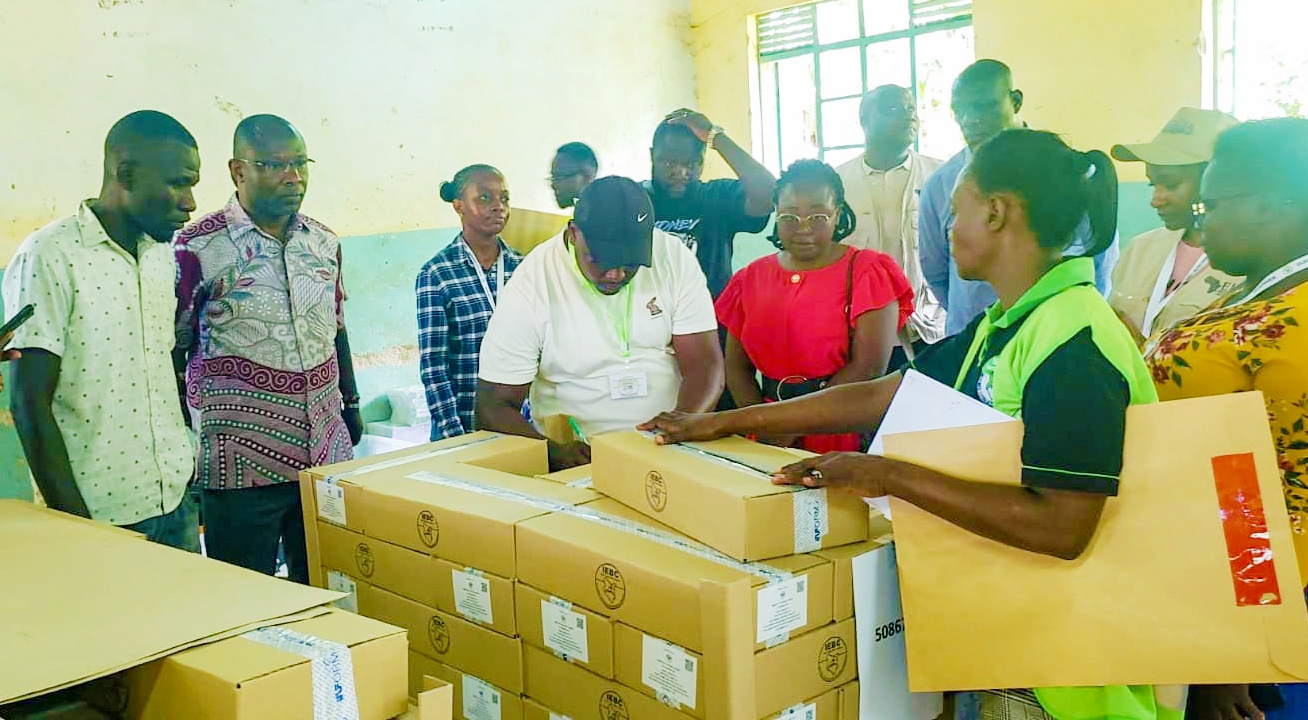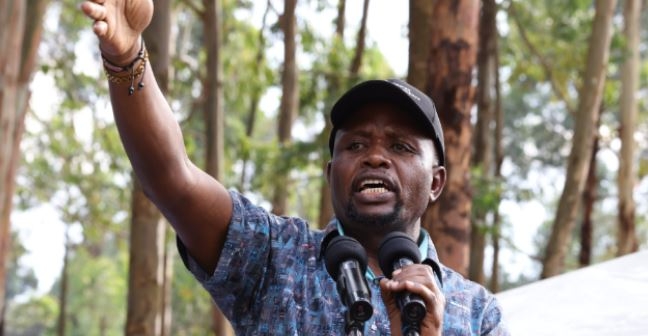In a shrinking economy where opportunities are increasingly harder to come by, how do you get an edge in a competitive job market? Maybe a second international language could just be the game changer.
For many years, French was the main international language available for study in Kenya besides English.
A few learning institutions offered German and Arabic. The French dominance was understandable. The French had eight colonies in West Africa. As a result, French became one of the languages of communication in Africa and its institutions.
However, the trend is changing across Africa with the adoption of Chinese Mandarin language as a major subject of study.
In Kenya for instance, the government approved the teaching of Mandarin in schools in 2019 and formally included it the curriculum in 2022.
Experts believe that learning Chinese as an additional language gives learners a unique edge not just in the job market but even in business. China is the second biggest economy in the world and by far the biggest manufacturing country globally.
Erick Mokua, an Aeronautical engineer who works as an Aircraft Maintainance Technician with Kenya Airways, says learning Chinese language changed his life.
He got a scholarship from the Chinese government to pursue his Engineering course in the country. However, he had to take one year to study the language as the course is taught in Mandarin. At first it was tough.
But looking back, Mokua told the Star it was a blessing in disguise.
“The language was a bonus because it has opened for me multiple doors. I not only teach engineering right now at the East African School of Aviation, but the knowledge helps me be better at it,” he said, explaining that given that most machine parts come from China and their manual written in Chinese language, he is able to better understand the manual, decode them and easily understand operating the equipment.
Not only that, he does numerous consultancy jobs that involves offering translation services to those needing understanding Chinese language.
He also works as a tour guide, particular with the surge of Chinese tourists into the country.
“You understand our economy. You have to do more than one job. I work as a tour guide for Chinese tourists because I’m fluent in this language and this helps me net extra income,” he said.
Mokua says that if you take a Chinese language course as a Kenyan, you stand to benefit more given the strategic role that China plays in the country’s construction sector.
He says majority of machine parts in the construction sector or engineering-related industries are in Chinese language and translating them has been a well-paying gig for him.
Nobert Njoroge’s story bears the same semblance.
He is an education graduate from Kenyatta University and his aspiration was to be a classroom teacher in the conventional sense, until he found out about Mandarin.
He did a certificate course on the language and eventually won a scholarship to China to do a diploma in the Mandarin.
“This experience opened my world, not just because of exploring different places and learning a new language, but I got to understand the Chinese culture as well,” he said.
Njoroge said learning the Chinese language takes you into the culture and makes you understand their belief system and approach to life.
“I got to understand the Chinese work ethics. It is about solving the problem and then get money as a reward.”
“You go to China and no one is on the streets with a begging bowl. Everyone does something to solve a problem and then get income as a reward,” he said.
Njoroge works as a trainer on Mandarin. Does a lot of translation consultancy in Nairobi and moonlights as a tour guide.
Shariffa Noordin heads the department of Mandarin at the Brook House School.
She shares the belief that while the conventional approach has been to learn western languages, the world is changing and opportunities are tending eastwards.
And in tapping the opportunities, she says, you got to speak the language better appreciated by the people.
She borrows from Nelson Mandela.
“If you talk to a man in a language he understands, that goes to his head. If you talk to him in his language, that goes to his heart.”
Currently, there are four Confucius Institutes in Kenyan public universities offering Chinese language and culture to interested students.
These institutes are at University of Nairobi, Kenyatta University, Moi University and Egerton
In addition, a number of Confucius classrooms have also opened in leading secondary schools in Kenya such as State House Girls, Starehe Boys' Center and Brook House.
The desire to learn Chinese language among young Kenyans is driven by a number of factors, chief among them, to secure job placements in the over 400 Chinese companies currently operating in Kenya.
Through the Confucius Institutes, excellent students have also secured scholarships to advance their education in Chinese universities, further opening more career and job opportunities in different fields.
Chinese language competence is also opening entrepreneurship opportunities as translators, interpreters, tour guides besides fostering trade between China and Kenya.















